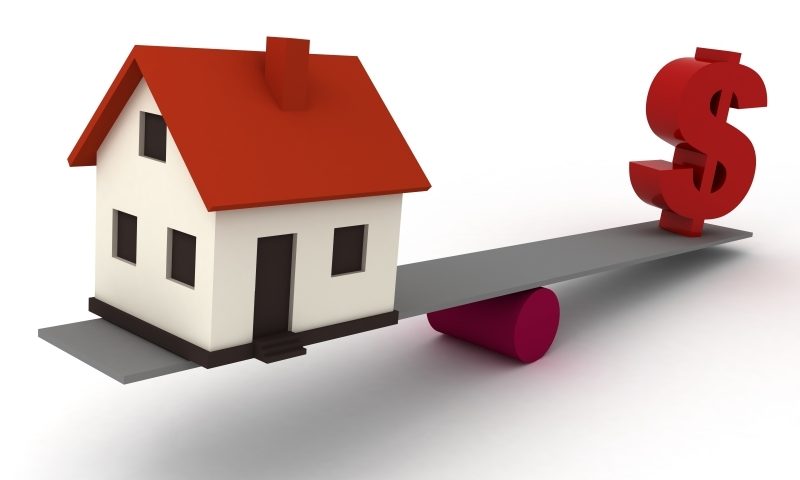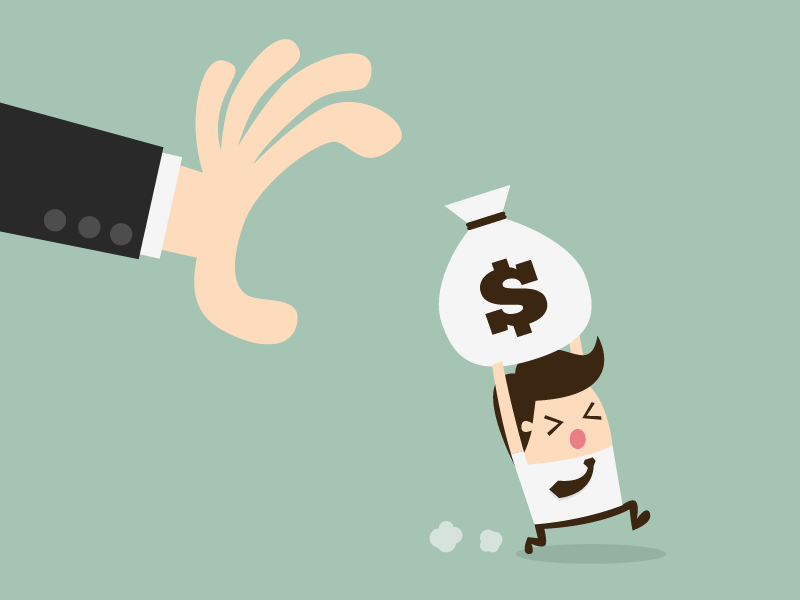Capital Gain Tax and your Investment Property

Tips to simplify your Business Accounting and improve your Work Life- Balance
October 2, 2017
Tax and Christmas Party
December 1, 2017When you are buying and selling an investment property it does not only involve annual rental income or loss, you also have to beware of the tax which you have to sell it. This tax is one of the biggest taxes and it is called Capital Gains Tax (CGT)
Despite the commonly used term and its widespread impact, most of the people don’t know what CGT is and what the effects of CGT are.
What is Capital Gains Tax?
CGT was introduced in Australia in 1985 and applies to asset you have acquired since that time. When you are buying most financial assets like shares or commodities aimed to earn some profit then in that scenario that profit is usually subject to CGT.
In the case of property, CGT is usually considered by the property investors as the tax only applies for investment purchase not for your owner occupied residence.
How do I work out my CGT?
CGT is calculated on the difference between selling price and the purchase price, which can include sum paid for the property plus all the legal fees, stamp duty and upfront costs as well as the value of any capital improvement completed by you. Capital Gain occurs when the sale price is greater than the Cost Price.
In regards to a property investment, the principal CGT exemptions include:
- 50 % Discount for the investors: For properties purchased after October 1999, a discount of up to 50% may be available on the capital gain calculated for tax purposes
If an investment property is held for 12 months or more you are entitled to a 50% discount. In other words Capital gain is halved before tax is applied.
- The 6 year rule: This is one of the handy rules. If you move out of the property and rented it out, you can claim an exemption for a period of up to six month.
- The 6 month rule: This rule applies only if you upgrade or purchase another home. If you buy a new home before selling your present one, you will get the CGT exemption so long as you dispose of your older home with in the 6 months of purchasing the new home.
For your questions and queries, contact us to talk to our professionals at 1300 664 796.





